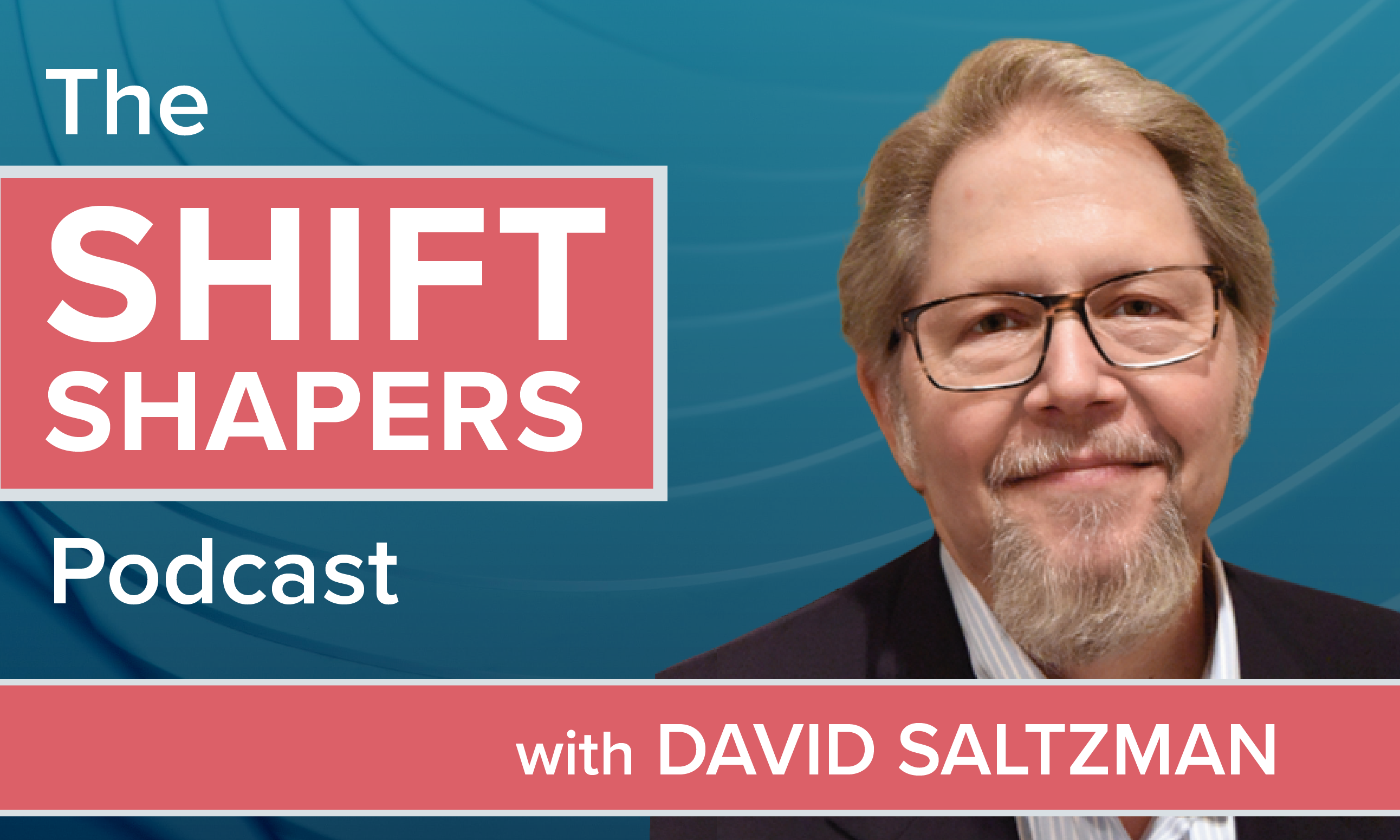 At last year’s Benefits Selling Expo, therewas a lot of talk about health reform and if it was going to reallyhappen. After all, a year ago was before the Supreme Court upheldthe constitutionality of the Patient Protection and Affordable CareAct, and before President Obama’s reelection ensured, yet again,the survival of his landmark law.
At last year’s Benefits Selling Expo, therewas a lot of talk about health reform and if it was going to reallyhappen. After all, a year ago was before the Supreme Court upheldthe constitutionality of the Patient Protection and Affordable CareAct, and before President Obama’s reelection ensured, yet again,the survival of his landmark law.
At this year’s Benefits Selling Expo, held in San Diego April29-May 1, we found ourselves dealing with reform as the newreality. And it was one popular subject: Our magazine’s 2013expo—our ninth show—was the biggest one yet with more than 1,000attendees.
|To explain the repercussions of reform, we had help from threebig keynotes: Rick Santorum, the former GOP presidential candidateand senator from Pennsylvania; Ezra Klein, a columnist for theWashington Post and Bloomberg; and Karl Schoemer, founder andpresident of VisionQuest Solutions.
|Of course, the dozens of breakout sessions helped, too.
|And at the show, Aaron Davis, president of NextLogical BenefitStrategies in Westminster, Md., was named Benefits Selling’s 2013Broker of the Year.
|Here’s a recap of the keynotes, in case you missed it.
||Embrace change
|If you’ve been hunkered down, hoping all the changes to thebenefits industry will calm down soon, you might want to grab amagazine or something.
|Because according to Karl Schoemer, you’re going to be in for along wait.
|“The dust is never going to settle,” Schoemer, founder andpresident of VisionQuest Solutions, told the audience at BenefitsSellng Expo’s opening keynote presentation. “For those who arewaiting for things to go back to the way they were in the good olddays, it’s never going to happen.”
|In fact, more changes are coming, and they’re going to be fasterand bigger than the last ones, Schoemer said. The pace oftechnology innovations, the speed and amount of informationavailable today and the world’s rapidly expanding populationbasically guarantee it.
|So what’s a broker to do? “We’re past the point of managingchange,” Schoemer said.
|“We’re at the point where we need to seize change and use it toour advantage. We’ve got to figure out where all this change isheaded and start working on the qualities, skills and behaviorsthat will make us marketable and employable in a radicallydifferent world.”
|Doing that means recognizing the dynamics of change. On anindividual level, change can often create a sense of loss among anindustry’s employees. Trust deteriorates, and employees go intoself-preservation mode, thinking they’ll just ride out a certainmanager or a sure-to-fail organizational change. But that’s theworst thing to do, Schoemer said.
|“You’re being challenged every day to raise your hand, to solveproblems,” he said. “If you’re not doing that, if you’re inself-preservation mode, you’re in the riskiest place you canbe.”
|At the organizational level, change can often result in a lossof momentum as well as key talent, as communication breaks down andmorale suffers. Those setbacks, though, aren’t good indicators ofwhether the change is worthwhile or not.
|“If you are using these factors to determine whether or notyou’re on the right road, you’re using the wrong measurements,”Schoemer said. “You will never make everybody happy. Stop trying.Change, don’t change. Someone’s still going to be unhappy.”
|The better reaction, Schoemer said, is to do exactly theopposite.
|Embrace changes immediately and you’ll be able to adapt tothem—and adjust to any detrimental effects—quickly. The faster yourecover, the better you’ll be able to weather the next change, andthe next, and the next.
|“You don’t get to control the pace of change,” Schoemer said.“So if you’re going to fail, do it fast.”
|This ability to adapt to change is going to become—more thanbrand or reputation or size—the key to what sets a successfulcompany apart from its competitors.
|“Traditional advantages, like price, quality and service, aregoing away,” Schoemer said. “That’s just the price of admissionthese days. Customers today are asking ‘What have you done for melately?’ and then, ‘What will you do for me tomorrow?’”
|Santorum urges fight
| Some say it’s time for the benefits industryto accept Obamacare—passed by Congress, signed by President Obama,upheld by the Supreme Court—as law.
Some say it’s time for the benefits industryto accept Obamacare—passed by Congress, signed by President Obama,upheld by the Supreme Court—as law.
Rick Santorum is not one of those people.
|“I read this morning that someone here was saying, ‘Give up onObamacare, you can’t do anything to repeal it,’” said Santorum, akeynote speaker at the Benefits Selling Expo April 30. “Baloney.Since when do we say, ‘Well, it’s going to happen, might as wellgive up’?”
|Santorum, a former Pennsylvania senator and a GOP presidentialcandidate in the 2012 election, pointed to Obamacare as atransformative event for the country. The law will fundamentallychange Americans’ relationship with their government, he said, andnot for the better.
|“People are going to now rely on the government in some way fortheir health insurance,” he said. “And once government has its handon you, it’s not a matter of you being dependent. It’s a matter ofthe government having control over you.”
|And despite the government intervention, Obamacare will dolittle to actually improve health care and its costs, Santorumpredicted. Giving everyone an insurance card doesn’t mean they’llbe able to afford all the care they need—or, given the nation’slooming primary care doctor shortage, even find it.
|“There’s something about an insurance card that makes peoplefeel comfortable, whether it means you can get care or not,” hesaid.
|So, according to Santorum, it’s time for Americans, especiallythose in industries most affected by Obamacare, to fight back.
|“As an industry, to sit back and let the government do this toyou, I have three words for you: Shame on you,” he said. “Who’sgoing to fight for your clients if you don’t? What are you afraidof? You’re going to lose your job anyway if this thing goes intofruition. Go down swinging.
|Santorum asked audience members how many came from a state wherethe governor or legislature had refused to implement Obamacare.Several dozen hands went up.
|But when he asked how many of those people had talked to theirlawmakers about the decision, most of the hands went back down.That’s the problem, Santorum said.
|“They need to hear from you—your congressmen, your legislators,”he said. “If you support what they’re doing, tell them. Because Ican guarantee they’re already hearing from the people whodon’t.”
|Will Santorum be one of those elected leaders again anytimesoon? When asked whether he would run for president again, Santorumsaid only that he was considering his options.
|“It’s hard,” he said. “It’s really hard on the family, andthat’s the biggest nut for me. When someone asks me if I’m running,my answer is that I’m walking. I’m just walking the right path tosee what I can do that’s best for my family and my country.”
||Klein warns of more gridlock
| If there’s one thing we know for sure, it’sthat Republicans are against Obamacare.
If there’s one thing we know for sure, it’sthat Republicans are against Obamacare.
Except that, according to Washington Post columnist Ezra Klein,they’re really not.
|“If McCain had won the 2008 elections, we’d still be talkingabout a health care reform bill right now, with all the sameprovisions,” he told the audience at his Benefit Selling Expokeynote presentation April 30. “The only thing different would bewe’d be calling it McCainCare.”
|Chalk it up to politics. Klein posits that Democrats andRepublicans (who introduced a precursor to the Patient Protectionand Affordable Care Act in the 1990s) mostly agree when it comes tohealth care policy. What they’re really fighting about ispower.
|“A lot of the fights we have about policy in Washington arereally just about who wins the next election,” he said.“Washington’s a much weirder place than we give it credit for.”
| Unfortunately, election-driven policy stancesdon’t usually make for great policy, Klein said. And exhibit A isthe PPACA.
Unfortunately, election-driven policy stancesdon’t usually make for great policy, Klein said. And exhibit A isthe PPACA.
If Obamacare lived in a nonpartisan world, “2014 should be theyear it rolls out and we figure out what goes right and fixwhatever goes wrong,” Klein said.
|But we live in the real world, where 2014 is an election year.Republicans are hoping an Obamacare failure helps them ride tovictory in the midterms; Democrats are hoping for the opposite.It’s a situation that doesn’t exactly breed compromise, Kleinsaid.
|“What we could end up with, rather than a good Affordable CareAct or no Affordable Care Act is just a badly implementedAffordable Care Act,” Klein said. “And that’s what I worryabout.”
|That leaves a lot of uncertainty about health care in Washingtonas well in the rest of the nation. “Anyone who’s being definitiveto you about health care right now is lying,” he said.
|And clarity isn’t likely to come any time soon. Because inaddition to PPACA, the two parties also are divided on the futureof Medicare, the likely subject of the next health care-relatedbattle in Congress, Klein said.
|Republicans want to privatize the program and let the freemarket go to work, while Democrats want to expand it and use itspurchasing power to drive down costs. See the problem?
|“The difficult thing about those two positions is that there’sno compromise between them,” Klein said. “You can’t split thedifference. I worry that we’re just looking at true and fundamentalgridlock in Washington. It’s very hard to see, in the short term,how we move forward with health care.”
|Photographs by Tony Amat
Complete your profile to continue reading and get FREE access to BenefitsPRO, part of your ALM digital membership.
Your access to unlimited BenefitsPRO content isn’t changing.
Once you are an ALM digital member, you’ll receive:
- Critical BenefitsPRO information including cutting edge post-reform success strategies, access to educational webcasts and videos, resources from industry leaders, and informative Newsletters.
- Exclusive discounts on ALM, BenefitsPRO magazine and BenefitsPRO.com events
- Access to other award-winning ALM websites including ThinkAdvisor.com and Law.com
Already have an account? Sign In
© 2024 ALM Global, LLC, All Rights Reserved. Request academic re-use from www.copyright.com. All other uses, submit a request to [email protected]. For more information visit Asset & Logo Licensing.








